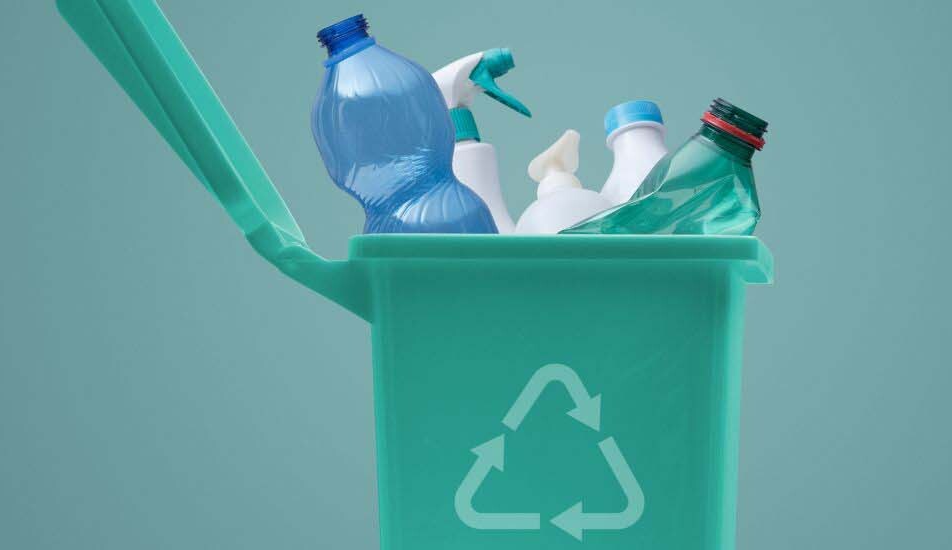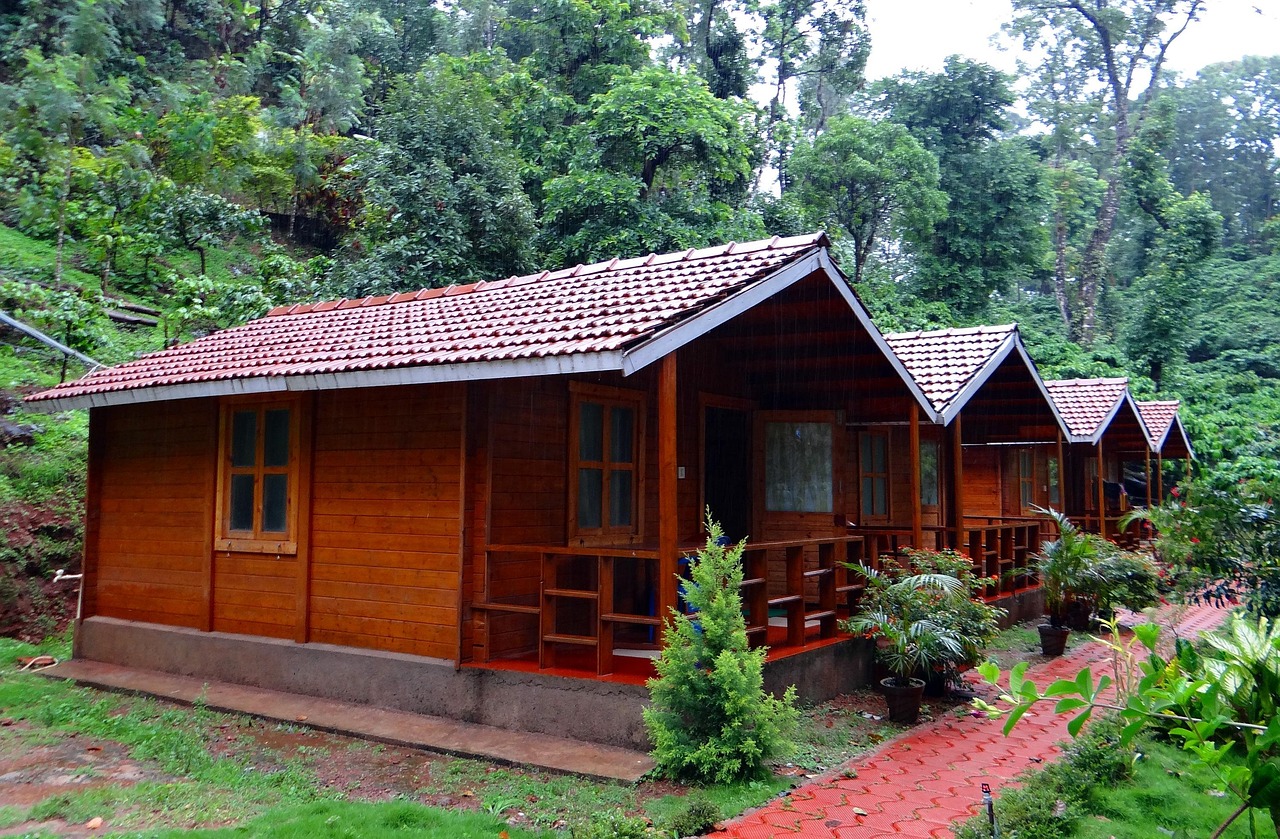
BUILD A BRIGHTER FUTURE WITH GREEN BUILDING CONSTRUCTION
Home
. Research & Projects
RESEARCH & PROJECTS
The Research Development and Special Project Division is specifically act as the responsibly entity to conduct sustainable development and green concept related research work and projects.
The division aims to,
Interest Project and Research Areas

Green Courage: Haritha Diriya Project
With the growing need for more sustainable products and services for sustainable development, green entrepreneurs and eco-friendly enterprises are required to be promoted and uplifted to promote sustainable consumption for minimizing negative impacts on the environment while providing an economic advantage to the community.
In Sri Lanka, there are many rural SMEs and cottage industries that can easily be converted into environmentally sustainable small industries. Some can be encouraged to produce totally environment-friendly products.
The aim of this project is to select 100 cottage industries and develop them as model green enterprises by conducting capacity building programs providing them with technical and technological assistance, training to implement green practices, assistance to obtain green certification for their products, guide them on sustainable business strategies and create a local and export market. This is aimed at rural economic recovery stimulating markets and generating more livelihood opportunities for women and the rural poor. The Australian High Commission to Sri Lanka and the Maldives is funding ‘Green Courage: Haritha Diriya’ project through a Direct Aid Program Grant.

Digital Cleanup Campaign
The global information and communication industry which delivers internet, video, audios and other cloud services are responsible for 3.5% of global emissions. The approximate carbon footprint of devices, internet and supporting systems is 3.7% of the global greenhouse emissions (equal to the airline industry). This amount predicted to be doubled at 2025. It is estimated that in next decade the internet network will produce 20% of the world’s greenhouse gas emissions. Even a small task occurs with internet such as google query accounts a certain amount of greenhouse gas emission because every unique query gets connected with multiple servers. Like material waste, digital applications and files also create waste – namely, the unused, outdated and unnecessary apps, files and even webpages which unfortunately also affects real life by consuming energy and contributing to production of greenhouse gases.
This digital trash creates digital pollution that continues to consume energy even when we have forgotten it. Digital trash sits in the backups on servers that provide us with cloud service and continue consuming electricity. It also increases the device processing time and user searching time.
Through this program, we invite users to delete all unnecessary files, apps, photos and videos from our storage spaces from our Smartphones, tablets, Laptops, PCs and Servers. By regularly cleaning of digital data in devices, following environmental benefits can be achieved.
Not only to environment, but also the user also gets the opportunity to experience certain benefits from this process.

Plastic Waste Collection Point Implementation
Plastic pollution is having a negative impact on our oceans and wildlife health. The most common plastic waste products are straws, yoghurt cups, mega bottles, lunch sheets, milk packets, meal boxes, polyethylene bags, sachet packets and wrappers.
However, the extend of management of plastic waste can determines the risk of plastic entering the ocean. Developed countries have very effective waste management systems. Poor waste management across many developing and under developed countries mismanage their plastic waste and become the main sources of global ocean plastic pollution.
However, as a responsible nation, Sri Lanka should adopt effective plastic waste management methodologies. This Project mainly aims to implement plastic collecting points for public access and private collection points in organizations where considerably large amount of plastic waste is generated. This project is funded by Parley for the Oceans Sri Lanka.

REACH Initiative | Built Environment Standards for Climate-resilient and Sustainable Guesthouses & Homestays
The Initiative titled “Built Environment Standards for Climate-Resilient and Sustainable Guesthouses and Homestays” aims to enhance the climate resilience of homestays and guesthouses in the Eastern Province of Sri Lanka by retrofitting their built environments. The initiative seeks to leverage the products and services developed through these interventions for broader commercial and industrial applications. Additionally, we plan to utilize the outcomes of this initiative in other provinces and scale up to include other establishments in the tourism and hospitality management industry. This initiative is funded by the USAID Climate Adaptation Project (2021-2026) and implemented by the Green Building Council of Sri Lanka. The initiative focuses on several key areas, including: